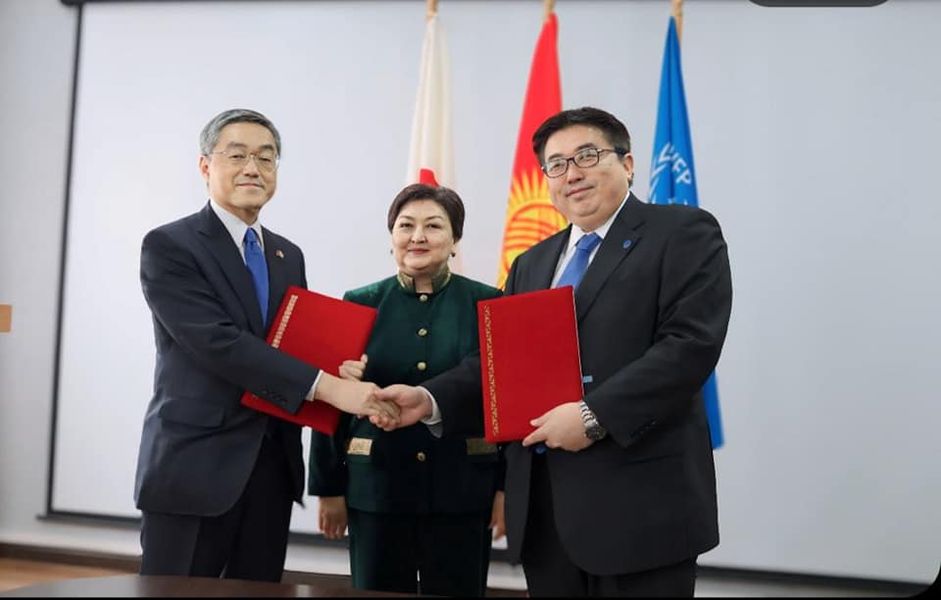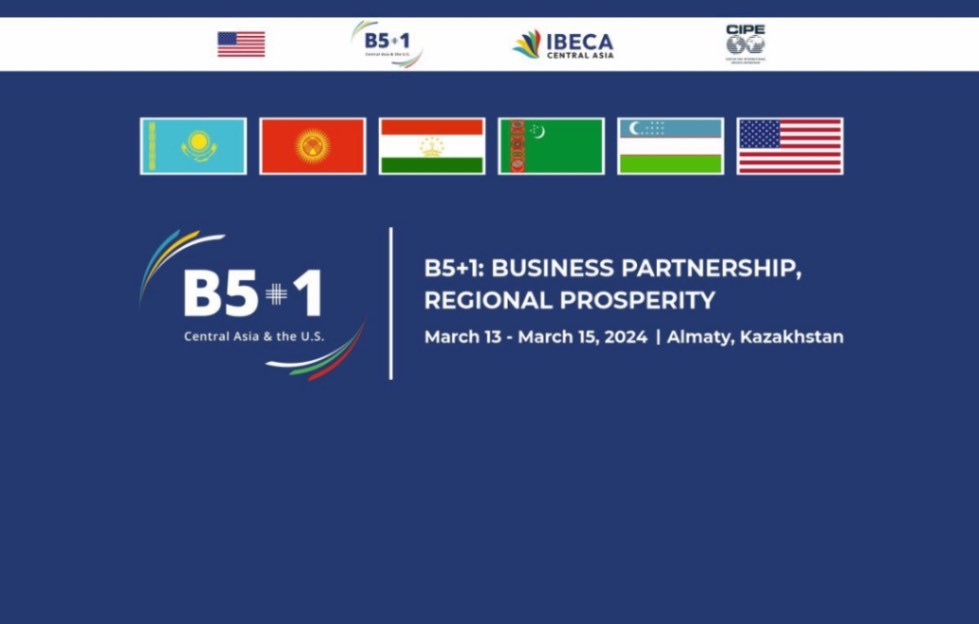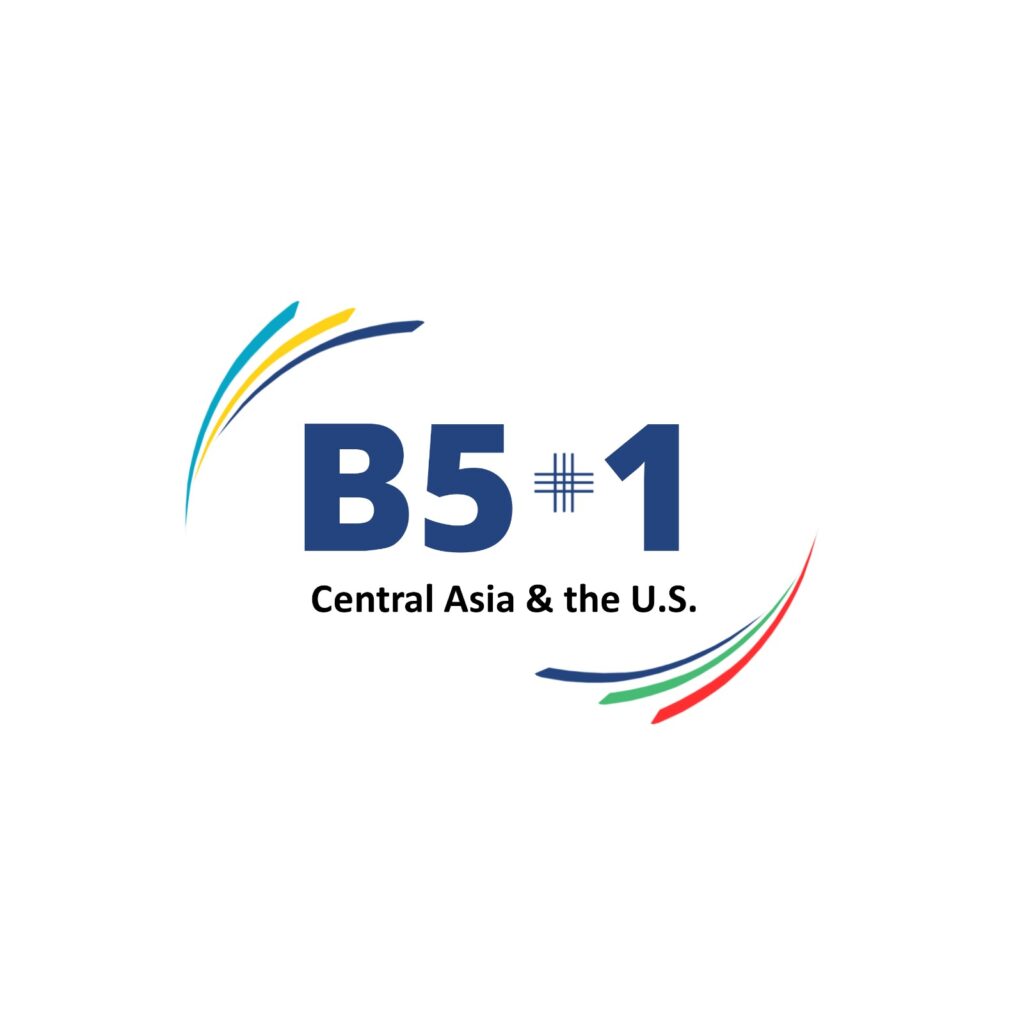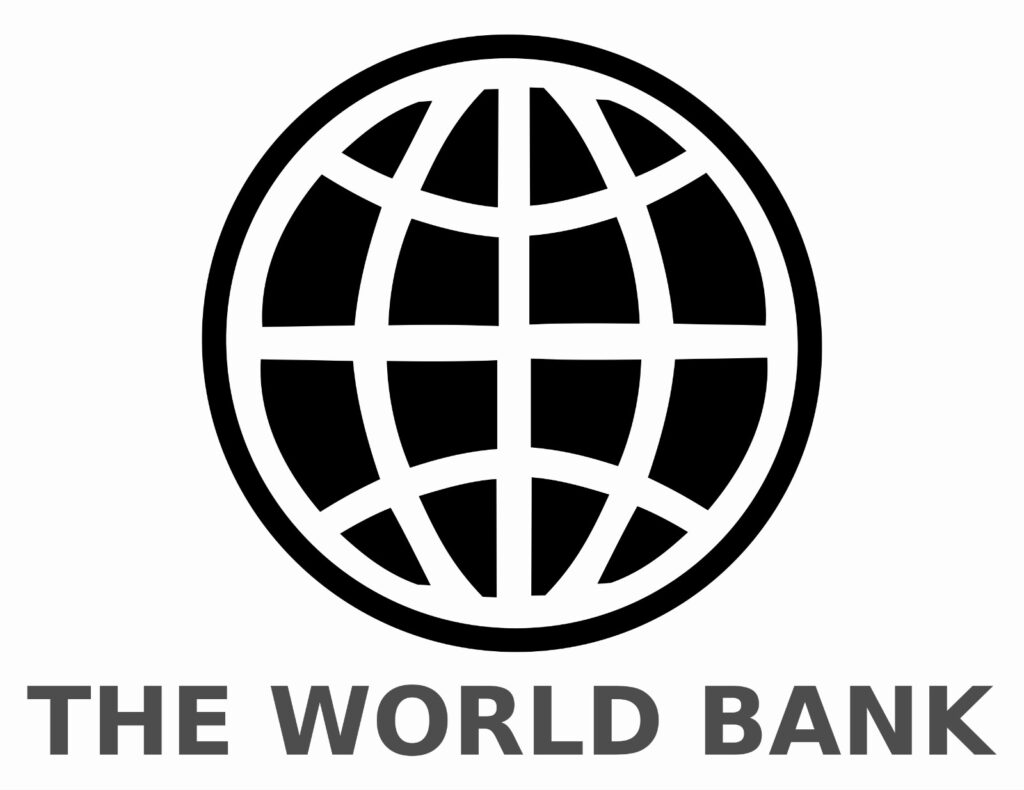Japan and UN WFP Support Vulnerable Citizens in Kyrgyzstan
An agreement has been signed by Gulnara Baatyrova, Kyrgyzstan’s Minister of Labour, Social Security and Migration, Hideki Goda, Ambassador of Japan to Kyrgyzstan, and Kojiro Nakai, Country Director of the UN World Food Program (WFP) in the Kyrgyz Republic, to enhance self-sufficiency amongst Kyrgyzstan’s most vulnerable citizens. An allocation of $3.5 million will be invested in a basic infrastructure to provide import-dependent food products such as flour and vegetable oil, and improve skills in entrepreneurship and agriculture amongst low-income residents of Batken, Issyk-Kul, Jalal-Abad, Naryn, and Osh. Expressing her gratitude for aid pledged by the Government of Japan and the UN, Minister Baatyrova said: “This program is aimed at strengthening the food security of vulnerable groups and will boost the development of sustainable economic independence, thereby contributing to economic and social stability in the country. Supported by the Japanese government, existing enterprises for the production of apricot oil in the Batken region, and the processing of medicinal herbs in the Naryn region, have already created additional jobs.”






